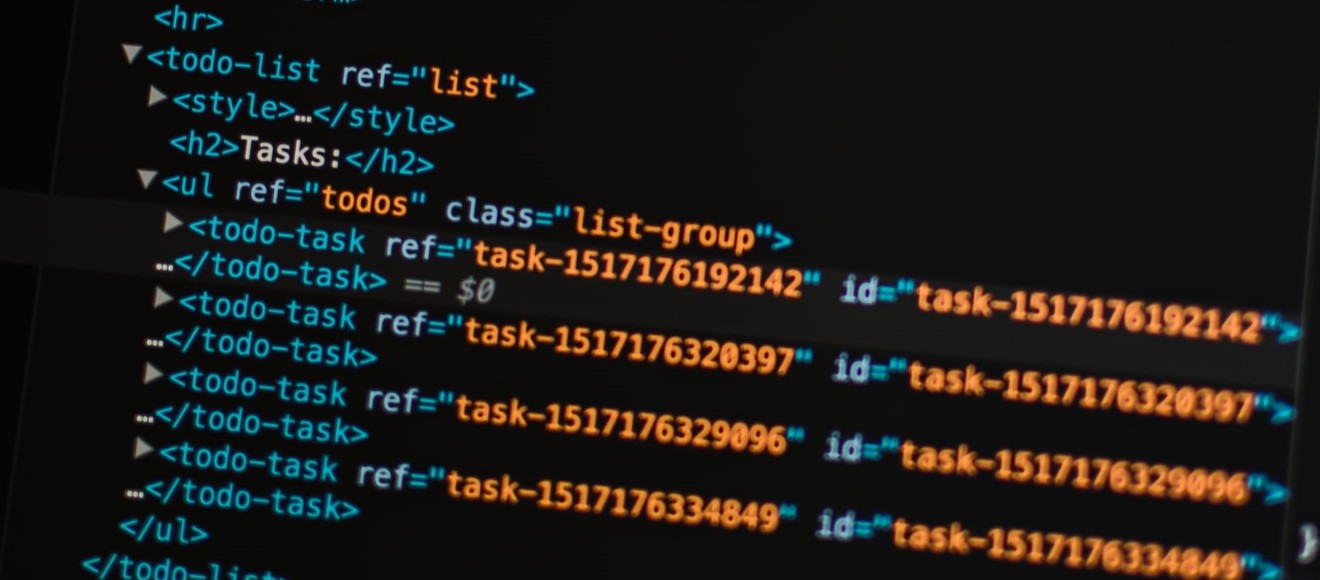rst515
About
Welcome, thanks for visiting
This portfolio site is a taste of my software development experience,
including my tech stack, training and some of my projects.
My passion for coding led to a career change, to become a software engineer!
Please see my CV for more information or visit my
LinkedIn
or GitHub profiles.
.jpg)
Tech stack


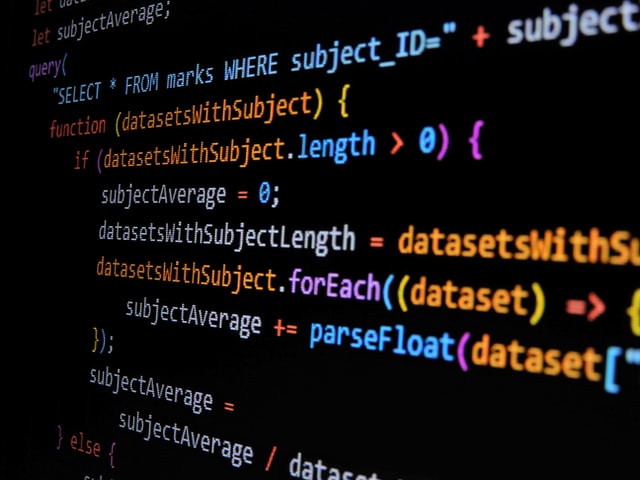


Certifications
AWS Certified AI Practitioner
Issued by Amazon Web Services Training and Certification.
Earners of this badge understand AI, ML, and generative AI concepts, methods, and strategies in general and on AWS. They can determine the correct types of AI/ML technologies to apply to specific use cases and know how to use AI, ML, and generative AI technologies responsibly. They are familiar with the AWS Global Infrastructure, core AWS services and use cases, AWS service pricing models, and the AWS shared responsibility model for security and compliance in the AWS Cloud.
AWS Certified Developer - Associate
Issued by Amazon Web Services Training and Certification.
Earners of this certification have a comprehensive understanding of application life-cycle management. They demonstrated proficiency in writing applications with AWS service APIs, AWS CLI, and SDKs; using containers; and deploying with a CI/CD pipeline. Badge owners are able to develop, deploy, and debug cloud-based applications that follow AWS best practices.
Harvard CS50 Introduction to Artificial Intelligence with Python
This course explores the concepts and algorithms at the foundation of modern artificial intelligence, diving into the ideas that give rise to technologies like game-playing engines, handwriting recognition, and machine translation. Through hands-on projects, students gain exposure to the theory behind graph search algorithms, classification, optimization, machine learning, large language models, and other topics in artificial intelligence as they incorporate them into their own Python programs. By course’s end, students emerge with experience in libraries for machine learning as well as knowledge of artificial intelligence principles that enable them to design intelligent systems of their own.
Udemy's Advanced REST API with Python, Django REST Framework and Docker using Test Driven Development (TDD)
Setting up a local development server with Docker Writing a Python project using Test Driven Development Building a REST API with advanced features such as uploading and viewing images Creating a backend that can be used a base for your future projects or MVP Hands on experience applying best practice principles such as PEP-8 and unit tests Configure Travis-CI to automate code checks Build and advanced REST API with Python, Django REST Framework and Docker using Test Driven Development (TDD)
Udemy's Modern React with Redux
- Master the fundamental features of React, including JSX, state, and props
- From square one, understand how to build reusable components
- Dive into the source code of Redux to understand how it works behind the scenes
- Test your knowledge and hone your skills with numerous coding exercises
- Integrate React with advanced browser features, even geolocation API's!
- Use popular styling libraries to build beautiful apps
- Master different techniques of deployment so you can show off the apps you build!
- See different methods of building UI's through composition of components
Harvard CS50 Web Programming with Python and JavaScript
This course picks up where CS50x leaves off, diving more deeply into the design and implementation of web apps with Python, JavaScript, and SQL using frameworks like Django, React, and Bootstrap. Topics include database design, scalability, security, and user experience. Through hands-on projects, students learn to write and use APIs, create interactive UIs, and leverage cloud services like GitHub and Heroku. By semester’s end, students emerge with knowledge and experience in principles, languages, and tools that empower them to design and deploy applications on the Internet.
View CertificateHarvard CS50 Computer Science for Business Professionals
This course is a variant of CS50x designed especially for business professionals. Whereas CS50x takes a bottom-up approach, emphasizing mastery of low-level concepts and implementation details thereof, this course takes a top-down approach, emphasizing mastery of high-level concepts and design decisions related thereto. Ultimately this course empowers students to make technological decisions even if not technologists themselves. Topics include cloud computing, networking, privacy, scalability, security, and more, with an emphasis on web and mobile technologies. Students emerge from this course with first-hand appreciation of how it all works and all the more confident in the factors that should guide their decision-making. This course is designed for managers, product managers, founders, and decision-makers more generally.
View CertificateMicrosoft Innovative Educator Expert 2021-2022
Self-driven educators who are passionate about teaching and learning. They inspire students with creative thinking, and work in a collaborative spirit to share their learning with the world. Resourceful and entrepreneurial, they relish the role of change agent, and work to achieve excellence in education using Microsoft technologies paired with innovative teaching.
View CredentialComputer Science: Professional Development 2019-2020
Computer Science Accelerator is a flexible professional development programme designed to give the subject knowledge and confidence to obtain a professionally-recognised training certificate, awarded by BCS, The Chartered Institute for IT and teach GCSE Computer Science.
View CredentialThe National Centre for Computing Education Certificate in Teach GCSE Computer Science
BCS, The Chartered Institute for IT
Credential ID 201907-000
[PCEP-30-01] PCEP – Certified Entry-Level Python Programmer
Earners of the PCEP – Certified Entry-Level Python Programmer certification have knowledge of the universal concepts of computer programming, the syntax and semantics of the Python language as well as demonstrate the ability to accomplish coding tasks related to the essentials of programming in the Python language and fundamental skills in resolving typical implementation challenges with the help of the Python Standard Library.


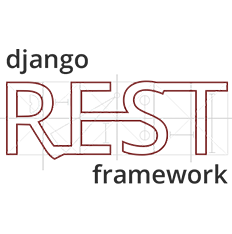
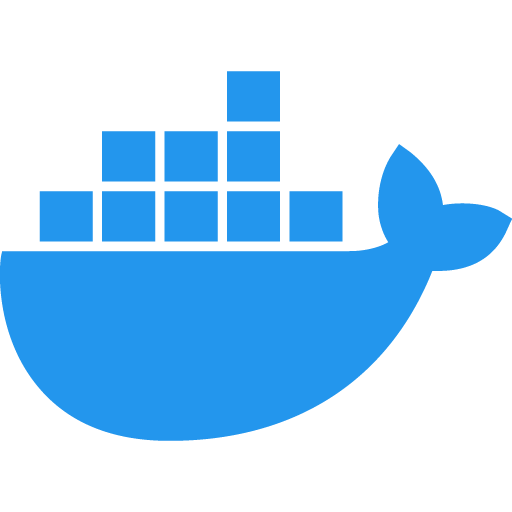









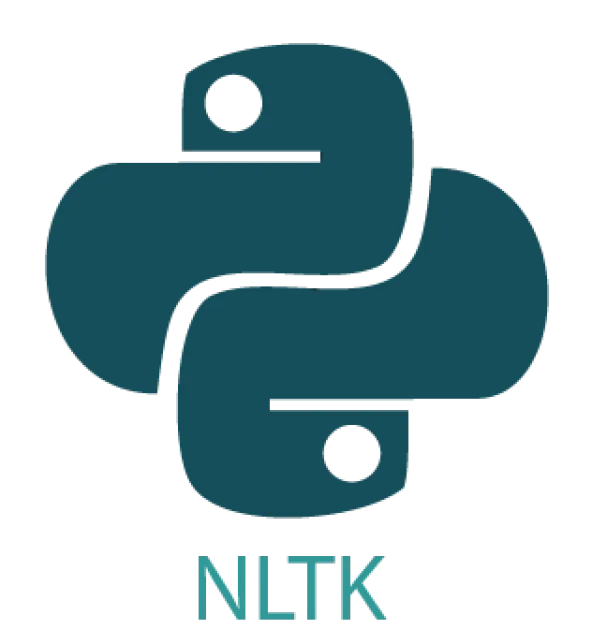
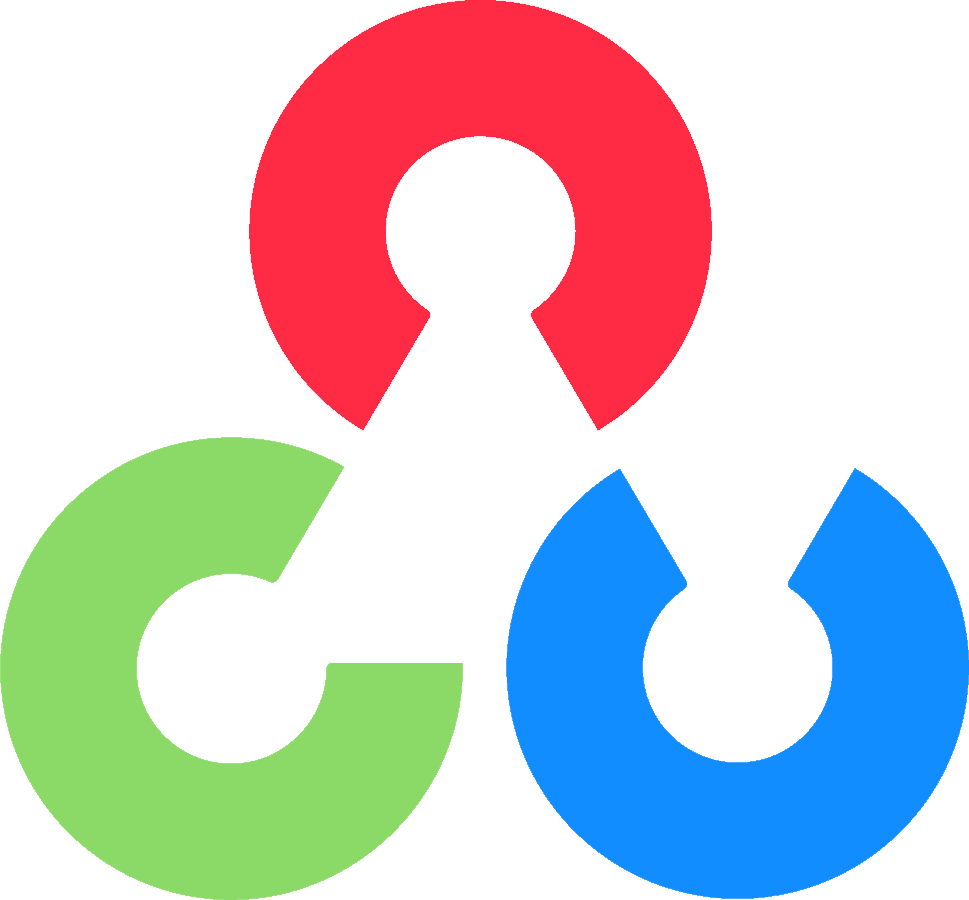
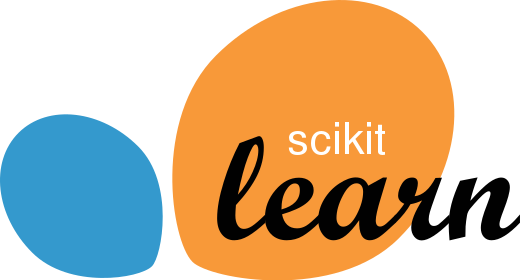










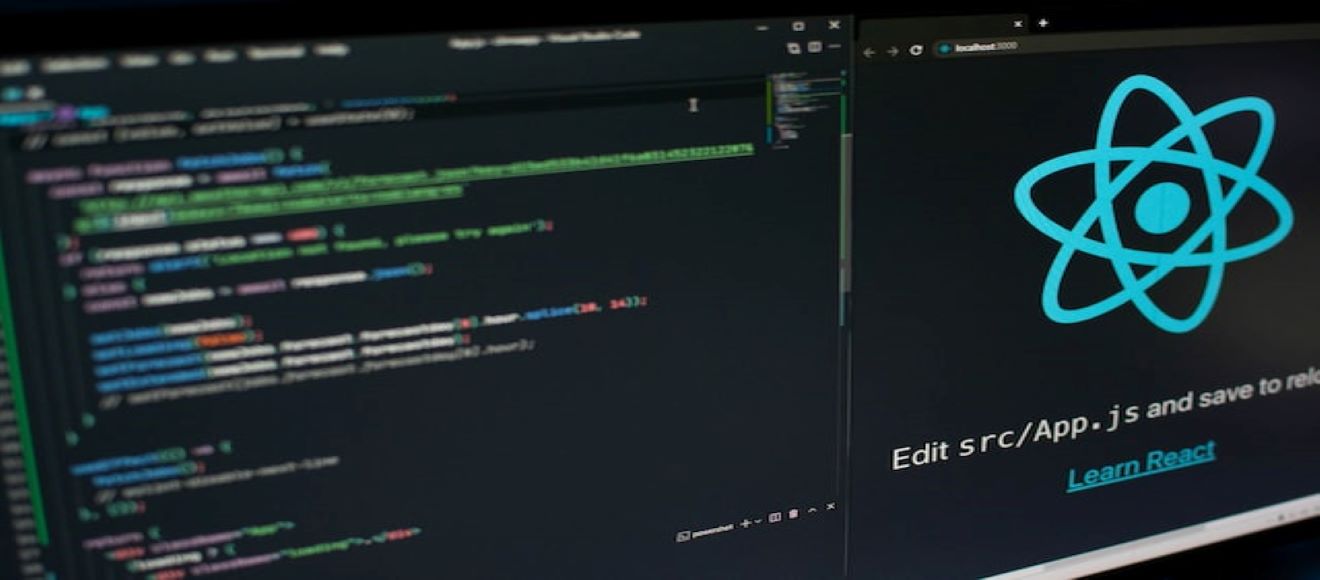

.jpg)
.jpg)
.jpg)
